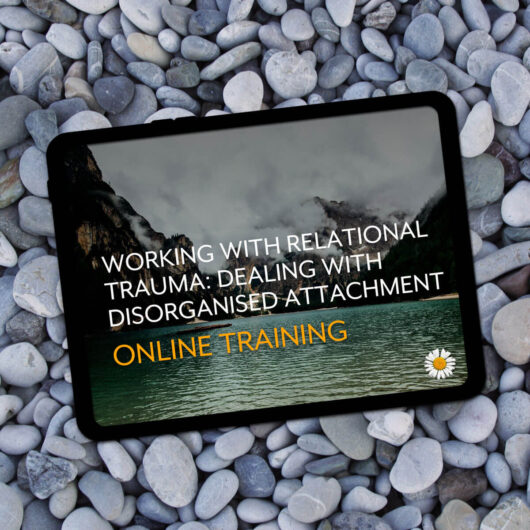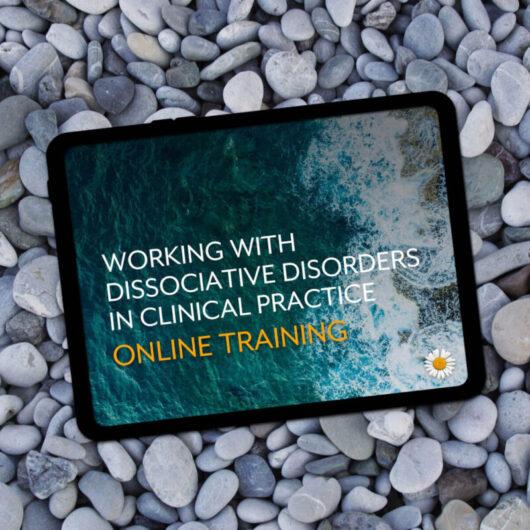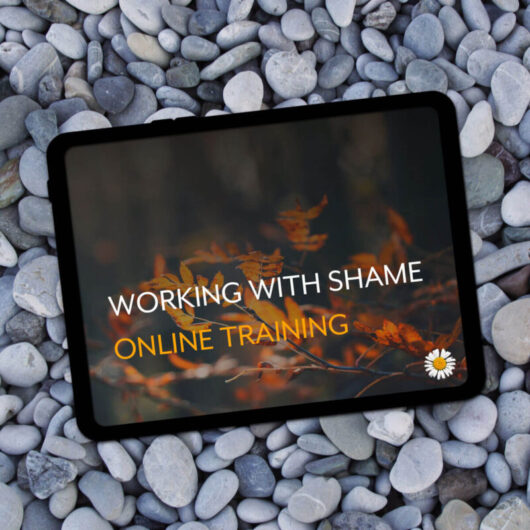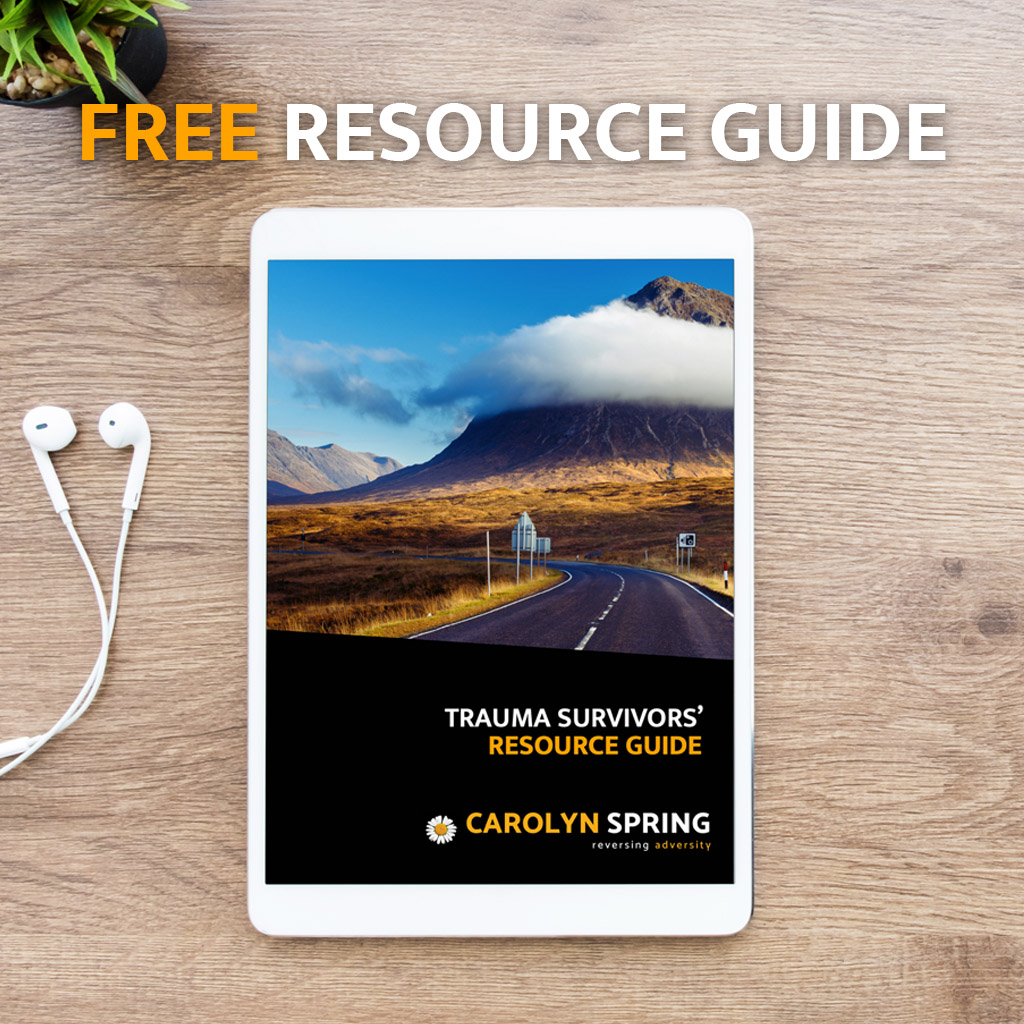
For Professionals
One of the main issues in working with complex trauma and dissociation is that most psychotherapy and counselling core training simply doesn’t address it.

One of the main issues in working with complex trauma and dissociation is that most psychotherapy and counselling core training simply doesn’t address it.
Working with trauma is qualitatively different from ‘regular’ psychotherapeutic work. Being trauma-informed is not simply an awareness that trauma exists in the background of your client. It means an understanding of the many different ways that trauma has impacted and changed our brains and nervous systems – because trauma is the adaptation we make to disempowering life threat.
It’s the way that our brains are geared towards ‘danger mode’ rather than ‘daily life mode’. It’s the way that our emotions, and even aspects of our physiology such as our energy hormones, are dysregulated and commandeered to help us defend against threat rather than build relationships.
The symptoms of trauma make so much sense when we understand that they are our best attempt to survive a perpetually threatening environment. PTSD, complex PTSD and even dissociative identity disorder are the natural outcomes of brains and bodies that have needed to adapt to danger in order to survive.
Our training and resources are not focused on one particular therapeutic approach – one way of solving a problem. Instead they are designed to help deliver insight into what it’s like to be traumatised, what has gone on for us at a neurobiological level, and what it is that as trauma survivors we need in order to move out of ‘danger mode’ back into ‘daily life’ mode.
My approach does not rely on diagnostic criteria or labels, but on a thoroughly human, compassionate and empathic response to suffering.
Explore my resources below, and especially my ‘Working with Relational Trauma‘ course to find out more.

In this course I look at the evolution of attachment theory and what this means for working therapeutically with people who have experienced relational trauma, and how its impacts can be reversed through the development of a secure base and ‘earned secure attachment’ through psychotherapy. Aimed principally at professionals, this course is in fact relevant to anyone who has been a child, a parent, or indeed a human being … because attachment theory, quite simply, is relevant to everybody.
Start Learning
Dissociative identity disorder (DID) is the term we give to a set of responses to trauma which are the natural outcome for a childhood of unremitting unsafety, and which result in a fragmented sense of self and disorganised attachment in adulthood. Join me as I explain how to work with compassion and empathy with people who have suffered the most extreme forms of early life trauma, and expound a treatment roadmap including the principles and pitfalls of this complex work.
Start Learning
A heartfelt, emotive course on the neurobiology of shame, its overlap with trauma, and how to work effectively with it in the therapy room. With both left-brain neuroscience and right-brain personal narrative, this course uniquely looks at how shame manifests first and foremost in our bodies, and how to work with shame without exacerbating it. Join me on the journey from crippling shame to living with the courage to be imperfect.
Start Learning
Join me as I talk about how important the relationship between therapist and client is, and what factors go into making a good one.
Listen Now
Recovery from trauma isn't about 'getting over' something upsetting. It often requires building skills for managing emotions. In this podcast, I explain the process.
Listen NowGet free Carolyn Spring Trauma Resources when you join my mailing list.
Get free Carolyn Spring Trauma Resources when you join my mailing list.
